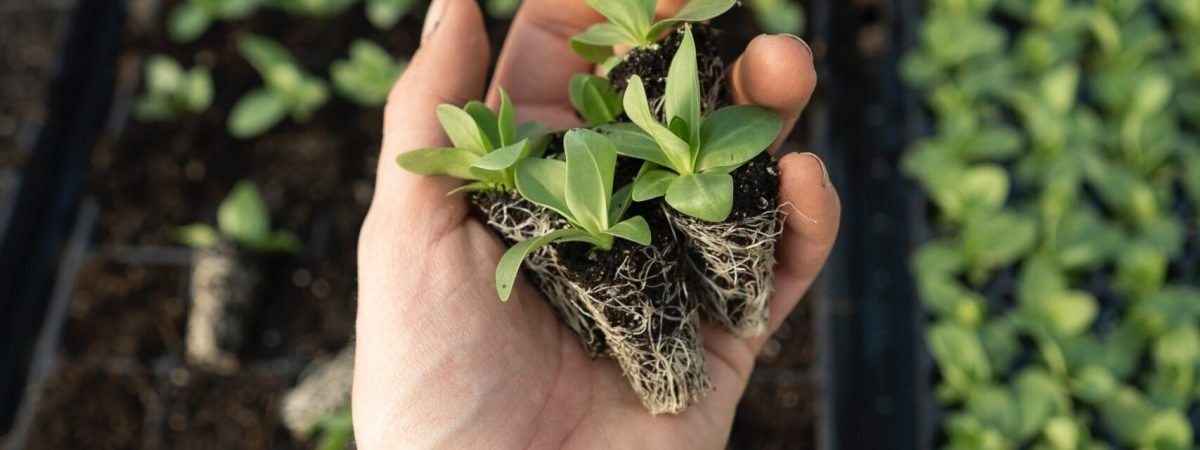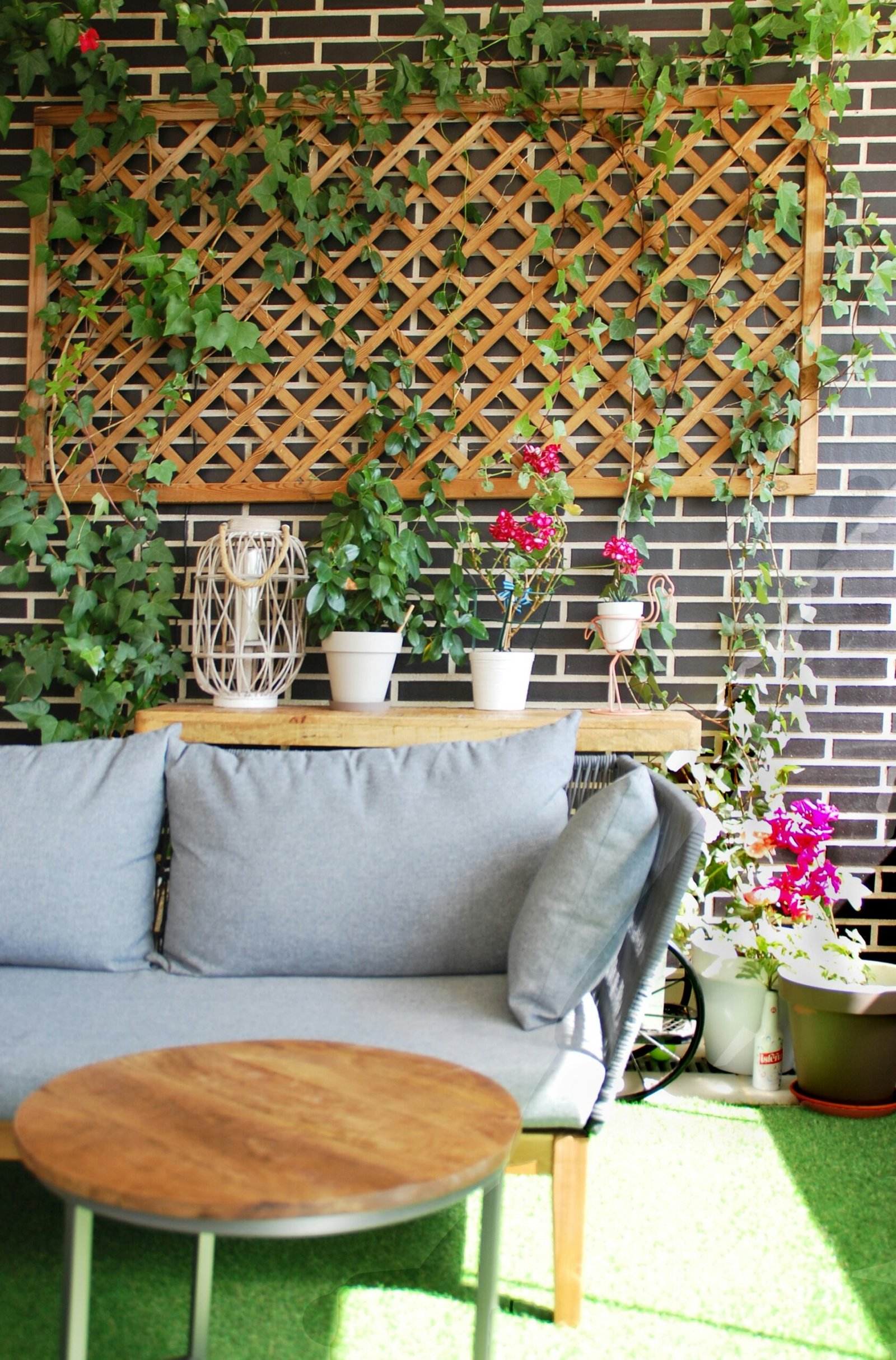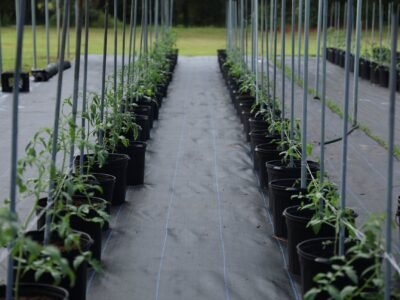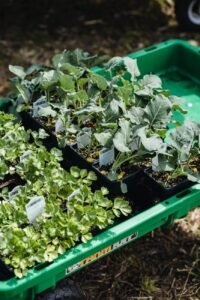Creating a sustainable garden is not only beneficial for the environment but also for your own well-being. By incorporating eco-friendly practices into your gardening routine, you can reduce your carbon footprint, conserve water, and promote biodiversity. In this article, we will explore some tips and tricks to help you create a sustainable garden.
1. Choose Native Plants
One of the best ways to promote biodiversity in your garden is by choosing native plants. Native plants are adapted to the local climate and soil conditions, which means they require less water, fertilizer, and pesticides. Additionally, native plants provide food and habitat for local wildlife, helping to maintain a healthy ecosystem.
2. Practice Water Conservation
Water is a precious resource, and conserving it should be a top priority in any sustainable garden. There are several ways you can reduce water usage in your garden:
- Install a rainwater harvesting system to collect and store rainwater for irrigation purposes.
- Use mulch around plants to retain moisture and prevent evaporation.
- Water your garden during the early morning or late evening to minimize evaporation.
- Group plants with similar water requirements together to avoid overwatering.
3. Compost and Mulch
Composting is a great way to reduce waste and provide nutrient-rich soil for your garden. Instead of throwing away kitchen scraps and yard waste, create a compost pile or use a compost bin. Compost can be added to your garden beds to improve soil fertility and structure.
In addition to compost, using mulch is another effective way to conserve water and suppress weeds. Organic mulches, such as wood chips or straw, help retain moisture in the soil and regulate soil temperature.
4. Avoid Chemical Pesticides and Fertilizers
Chemical pesticides and fertilizers can have negative impacts on the environment and human health. Instead, opt for natural alternatives to control pests and improve soil fertility:
- Introduce beneficial insects, such as ladybugs and lacewings, to control pests naturally.
- Use organic fertilizers, such as compost or manure, to provide nutrients to your plants.
- Practice crop rotation to prevent the buildup of pests and diseases in the soil.
5. Create Habitats for Wildlife
Encouraging wildlife in your garden is not only enjoyable but also beneficial for the ecosystem. Provide food, water, and shelter for birds, butterflies, and other beneficial insects by:
- Planting native flowering plants that attract pollinators.
- Installing bird feeders and bird baths.
- Building a small pond or water feature for amphibians and insects.
6. Use Efficient Gardening Techniques
Efficient gardening techniques can help you save time, energy, and resources. Consider implementing the following practices:
- Use raised beds or container gardening to maximize space and improve drainage.
- Practice proper spacing to allow for air circulation and reduce the risk of diseases.
- Use drip irrigation or soaker hoses to deliver water directly to the roots, minimizing water waste.
- Regularly monitor your garden for pests and diseases to take immediate action.
By incorporating these eco-friendly tips and tricks into your gardening routine, you can create a sustainable garden that benefits both the environment and your own well-being. Start small and gradually implement these practices to make a positive impact in your garden and beyond.















